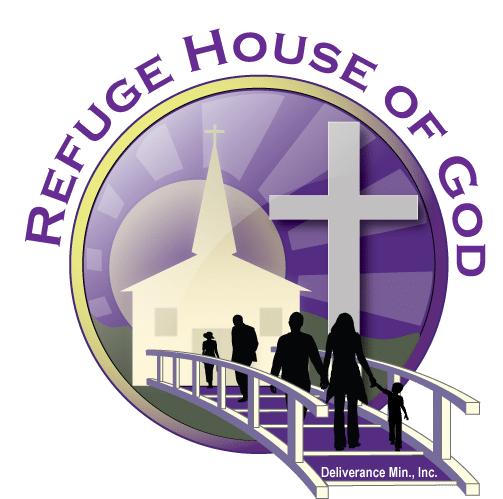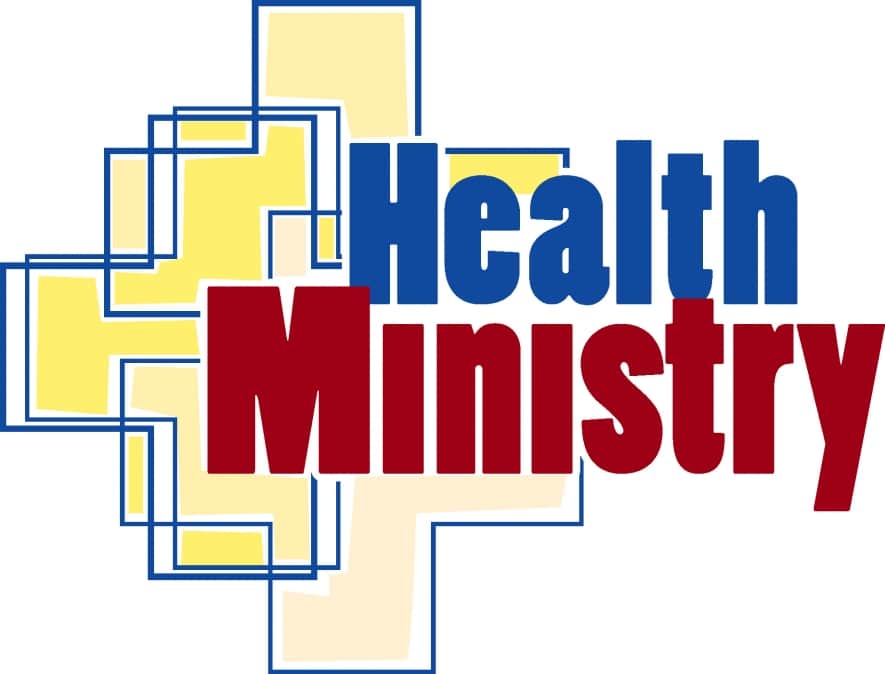“My people are destroyed for the lack of knowledge” Hosea 4:6
The mission of the Health Ministry is to educate, promote and to bring awareness within our congregation and the community. Our focus is on the holistic being including mind, body, and spirit.
The goal of this ministry is to bring awareness to various health issues that affect our mind, bodies (temples) and spirits providing solutions to promote a healthier lifestyle. The health ministry will educate the RHOG family and the community through informational flyers on health issues, seminars, health fairs, and health-related give-a-ways. We will also highlight monthly health issues to be shared with others.
Refuge has partnered with Atrium (formerly Carolinas Healthcare) Faith Community Health Ministry, to help reach those in our community by providing education and resources.
Five self-care practices for every area of your life (verywellmind.com)
Self-care is vital for building resilience toward those stressors in life that you can’t eliminate. When you’ve taken steps to care for your mind and body, you’ll be better equipped to live your best life.
It’s important to assess how you’re caring for yourself in several different domains so you can ensure you’re caring for your mind, body, and spirit.
Physical Self-Care
You need to take care of your body if you want it to run efficiently. Keep in mind that there’s a strong connection between your body and your mind. When your caring for your body, you’ll think and feel better too.
Physical self-care includes how you’re fueling your body, how much sleep you’re getting, how much physical activity you are doing, and how well you’re caring for your physical needs. Attending appointments, taking medication as prescribed, and managing your health are all part of good physical self-care.
When it comes to physical self-care, ask yourself the following questions to assess whether there might be some areas you need to improve:
- Are you getting adequate sleep?
- Is your diet fueling your body well?
- Are you taking charge of your health?
- Are you getting enough exercise?
Social Self-Care
Socialization is key to self-care. But, often, it’s hard to make time for friends and it’s easy to neglect your relationships when life gets busy.
Close connections are important to your well-being. The best way to cultivate and maintain close relationships is to put time and energy into building your relationships with others.2
There isn’t a certain number of hours you should devote to your friends or work on your relationships. Everyone has slightly different social needs. The key is to figure out what your social needs are and to build enough time in your schedule to create an optimal social life.
To assess your social self-care, consider:
- Are you getting enough face-to-face time with your friends?
- What are you doing to nurture your relationships with friends and family?
Mental Self-Care
The way you think and the things that you’re filling your mind with greatly influence your psychological well-being.
Mental self-care includes doing things that keep your mind sharp, like puzzles, or learning about a subject that fascinates you. You might find reading books or watching movies that inspire you fuels your mind.3
Mental self-care also involves doing things that help you stay mentally healthy. Practicing self-compassion and acceptance, for example, helps you maintain a healthier inner dialogue.
Here are a few questions to consider when you think about your mental self-care:
- Are you making enough time for activities that mentally stimulate you?
- Are you doing proactive things to help you stay mentally healthy?
Spiritual Self-Care
Research shows that a lifestyle including religion or spirituality is generally a healthier lifestyle.
Nurturing your spirit, however, doesn’t have to involve religion. It can involve anything that helps you develop a deeper sense of meaning, understanding, or connection with the universe.4
Whether you enjoy meditation, attending a religious service, or praying, spiritual self-care is important.
As you consider your spiritual life, ask yourself:
- What questions do you ask yourself about your life and experience?
- Are you engaging in spiritual practices that you find fulfilling?
Emotional Self-Care
It’s important to have healthy coping skills to deal with uncomfortable emotions, like anger, anxiety, and sadness. Emotional self-care may include activities that help you acknowledge and express your feelings on a regular basis.
Whether you talk to a partner or close friend about how you feel, or you set aside time for leisure activities that help you process your emotions, it’s important to incorporate emotional self-care into your life.
When assessing your emotional self-care strategies, consider these questions:
- Do you have healthy ways to process your emotions?
- Do you incorporate activities into your life that help you feel recharged?

